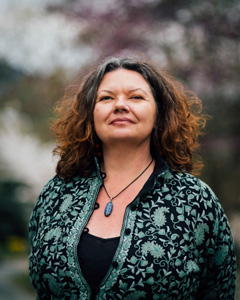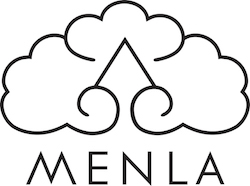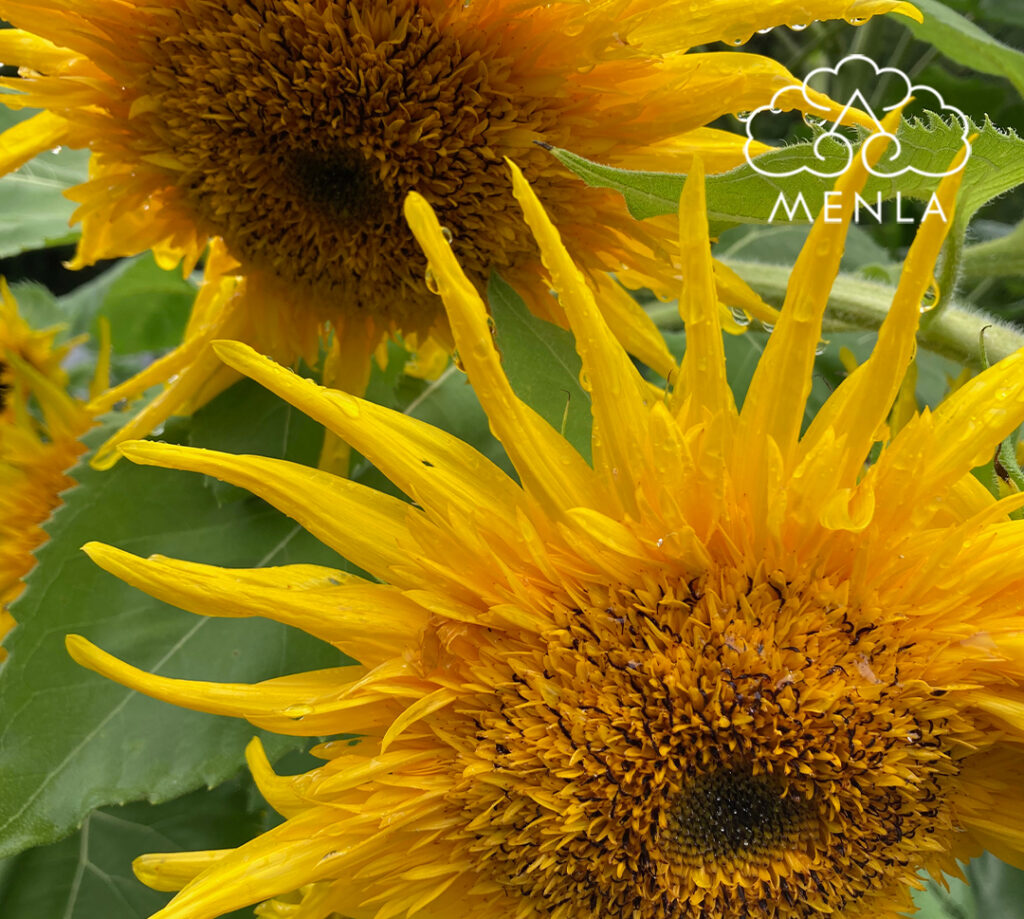Dirty Hands & Deep Ecology: Session 5
With Lisa Taranto
August 13 - 15, 2021
The Big Picture: Cities and Suburbs
The Garden Topic: How do gardens and the urban canopy contribute to bio-diversity, storm water management, clean air, cooling, and health in an urban environment?
The Action: Continuing to engage and work with the gardens and landscapes of Menla, from the wild to the highly cultivated, connecting to ourselves and capacity for quiet physical work.
The Knowledge: Understanding the role of built environments, and their inhabitants, in creating and implementing solutions.
Join us for the fifth weekend in a series of ecological learning at Menla. Using the gardens, landscapes and forests as our living laboratory for exploration, we will take personal journeys into a deeper understanding of nature. Ecology is the branch of science that explores how organisms interact with each other and their environments. Ecology is inter-dependence, interconnectedness, and interrelationship. Tug on one string, and see where it leads. Our work and engagement with the land continues. The dynamic and complex relationships in the gardens and forests are active. We are in mid-summer, and the gardens are at their peak beauty, diversity and production.
The UN estimates that 55% of the global population now lives in urban or suburban settings. Research shows that biodiversity tends to be higher in these areas, as human designed landscapes and gardens contain more biodiversity than rural or wild regions. The impacts of cities and the built environment are complex, and have a multitude of opportunities to learn from nature in creating systems which can nurture and sustain each other.
Through direct engagement of our physical selves, we will contribute to the ongoing restorative ecology work and gardens at Menla. Through the direct engagement of our intellectual selves, we will deepen our understanding of the science of ecology. And through the direct engagement with our spiritual selves, we will deepen our sense of sacred connectedness and community with all living things.
Topics: What does “The Healthy Commons” mean, what does it look like? How does public space reflect on the health of the a city, and the people who live, lead, and vision? How can land-use policy positively impact the health of urban environments?
Hands on: Gardening maintenance, weeding and mulching, harvesting, start seedlings for fall planting, supporting plants-staking, trellising, pruning and deadheading, medicinal plants, flower harvesting.
*Guest speakers to be announced. Materials and recommendations for self study will be provided a week before the session.
Schedule
Friday, August 13th
- 4 – 8 pm Arrival & Check-in
- 6 – 7 pm Dinner
- 7:30 – 9 pm Evening program and Discussion
Saturday, August 14th
- 8 – 9 am Breakfast
- 9 am – 12 pm Learning Through Hands-on Work Project
- 12:30 – 1:30 pm Lunch
- 2 – 5:30 pm Hike & Nature Exploration
- 6 – 7 pm Dinner
- 7:30 – 9 pm Evening Program and Discussion
Sunday, August 15th
- 7 – 11 am Check-out of Rooms
- 8 – 9 am Breakfast
- 9 am – 12 pm Learning through hands-on work project
- 12:30 – 1:30 pm Lunch
- 2 – 5 pm Afternoon Program and Discussion
- 5 – 6 pm Closing and Departure
*Schedule subject to change at any time.
About the Leader

Lisa Taranto
Lisa Taranto is an explorer of ecology and the dynamic elegance of nature and natural systems. She holds more than three decades of study, practice, curiosity, and adventures in ecology, art and design. Currently she is the Head of Horticulture at Menla Retreat Center, in the heart of the Catskill Mountains. Menla is nestled in […]
Learn more about Lisa TarantoCategories : Menla Retreat (all retreats), Menla THUS

